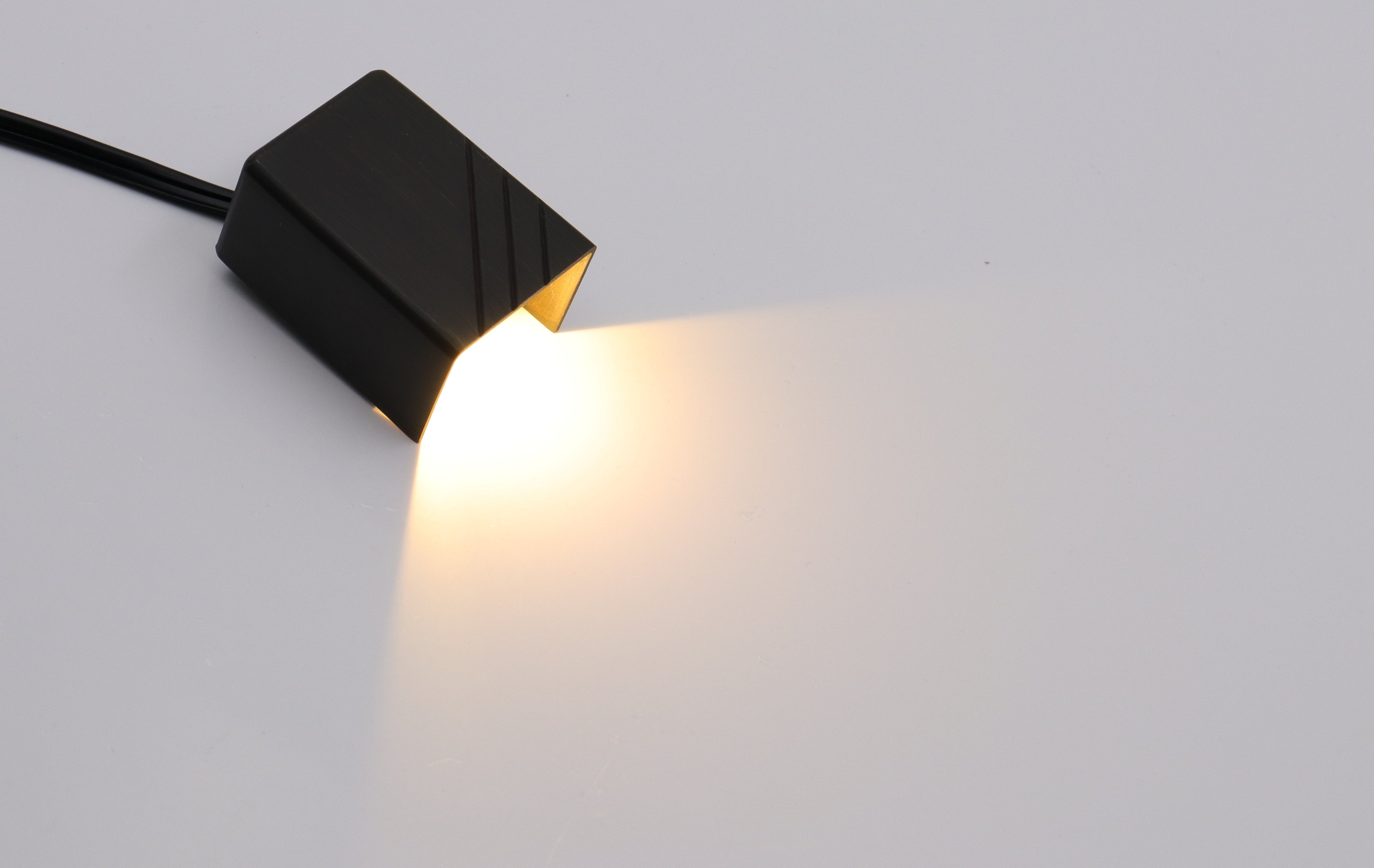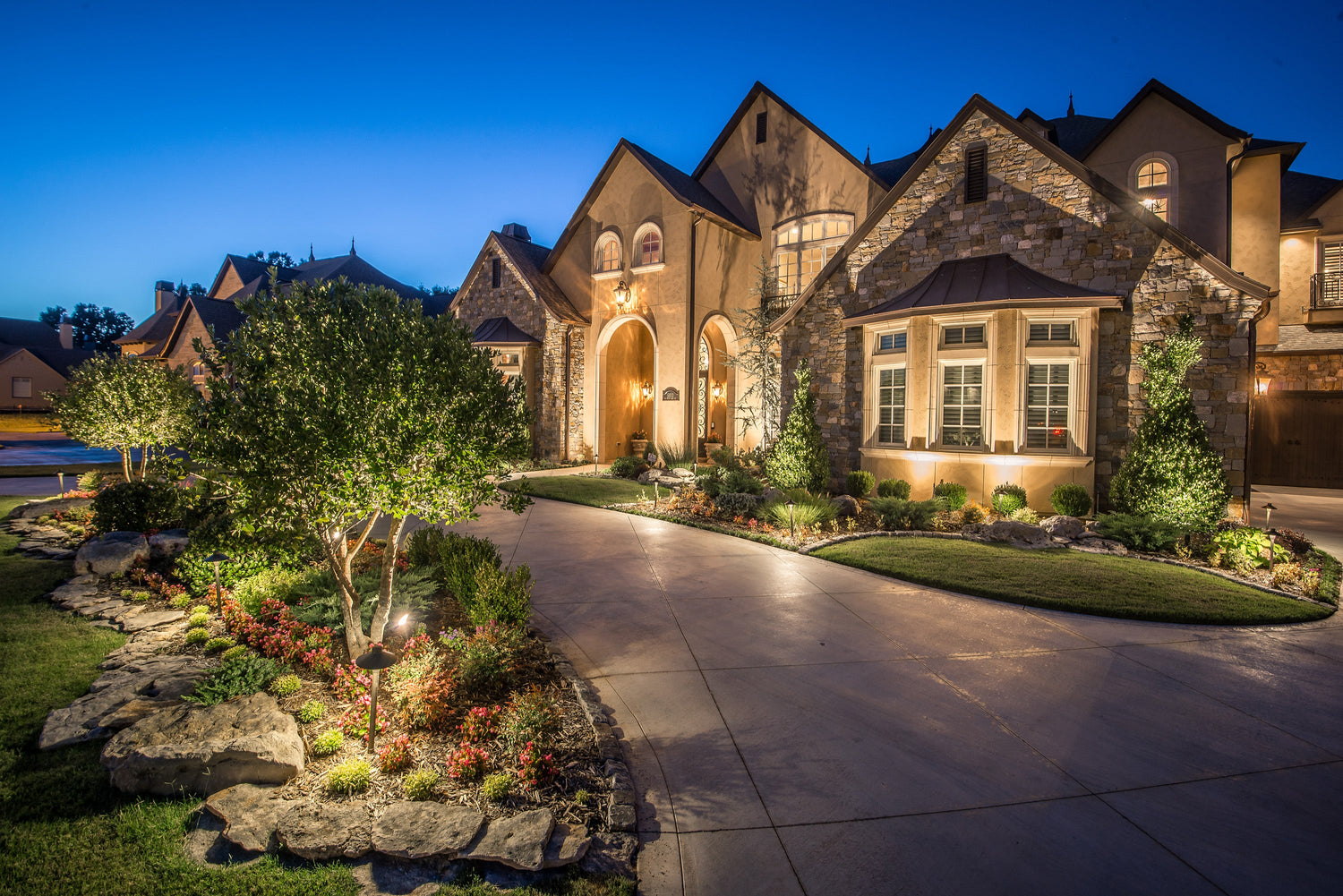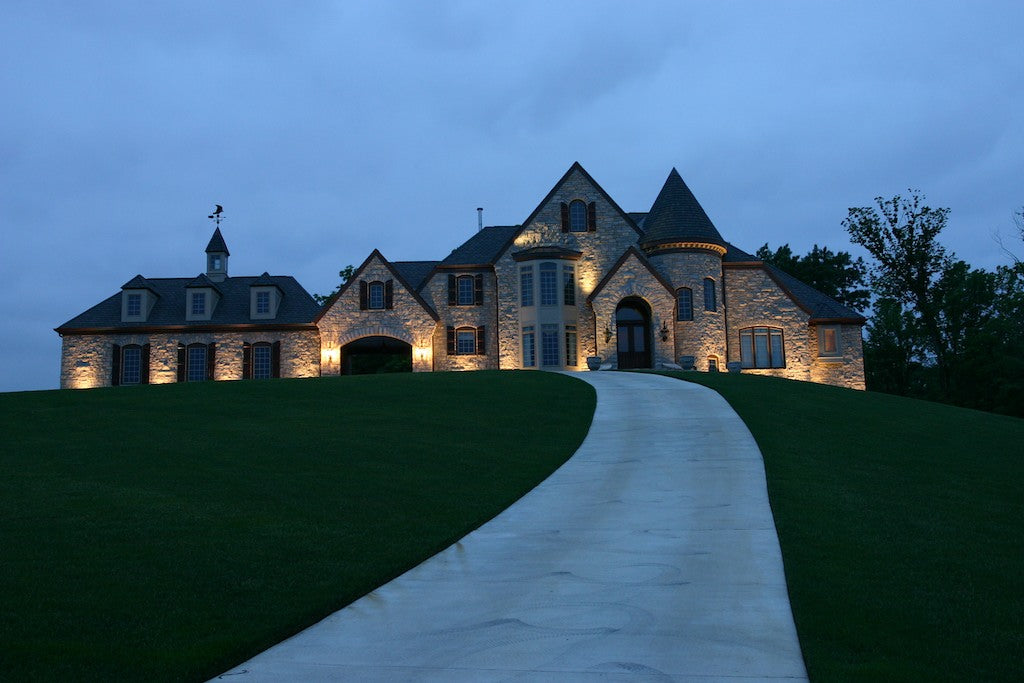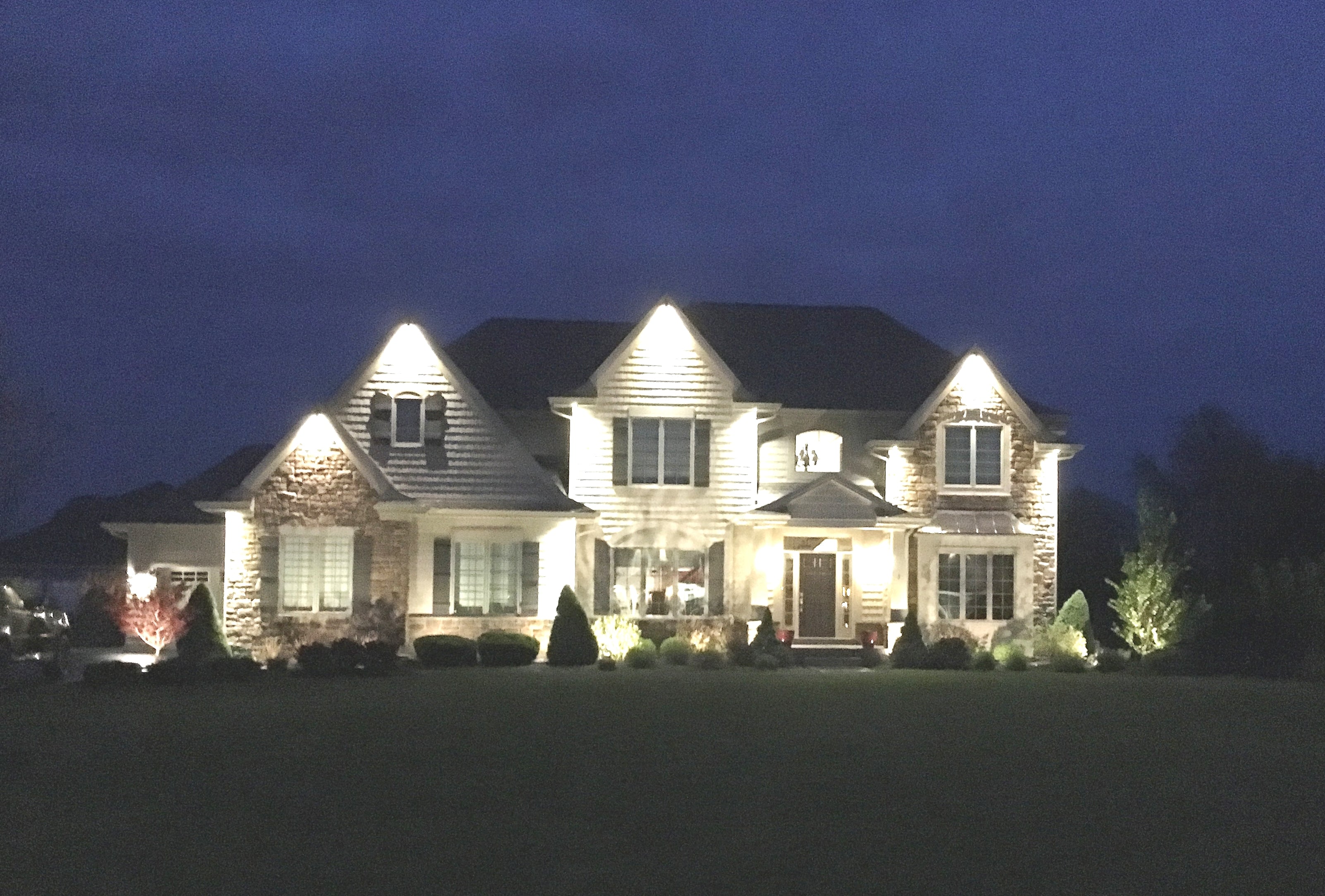Quick Answer: The best metal for landscape lighting is brass due to its exceptional durability, aesthetic appeal as it ages, efficient heat dissipation, and eco-friendly recyclability.
Introduction
The timeless appeal of a well-lit landscape can be achieved by paying attention to the smallest details – not just the design of the light fixtures but also the materials that make them. Metal, as an essential material in landscape lights, plays a critical role in durability, aesthetics, and longevity. If you're considering which metal to choose for your landscape lights, you've come to the right place. While there are several good choices, one stands out from the rest: brass. But before we delve into the specifics, let's understand why the metal choice is crucial.
Why Metals Matter in Landscape Lights?
When it comes to outdoor fixtures, the choice of metal is paramount. Metals are exposed to the elements - from the searing heat of summer to the freezing chills of winter and the occasional rainfall. Selecting the wrong metal might lead to issues like rusting, discoloration, and reduced lifespan of the light fixture. Besides durability, the choice of metal impacts the aesthetics and ambiance of your space. A shiny stainless steel light might convey modern elegance, while a rustic copper fixture provides a vintage touch.

What Are the Metals Used in Landscape Lights?
The metal that forms the essence of these fixtures plays a paramount role in their longevity, visual appeal, and overall performance. Given the extensive range of metals available in the market, one might feel overwhelmed when making a choice. To guide you through this process, we'll delve deeper into some of the preferred metals used in landscape lighting.
Brass
Emerging as a paragon of resilience and aesthetic versatility, brass - a blend of copper and zinc - is often hailed as the zenith for landscape light fixtures.
- Durability: Brass is revered for its tenacity against harsh elements. Its immunity against corrosion, rust, and tarnish ensures that the fixtures remain pristine across varying weather scenarios.
- Aesthetic Evolution: As brass ages, it undergoes a natural oxidizing process, developing a distinct patina. This greenish-brown layer bestows an ageless, antique allure upon the landscape.
- Thermal Efficiency: The thermal properties of brass are exemplary. Fixtures made from brass disseminate heat more uniformly, ensuring both user safety and extended bulb longevity.
- Environmental Footprint: In a world leaning heavily toward sustainability, the recyclability of brass is a notable advantage.
Aluminum
Aluminum is a silver-white, soft, and ductile metal that stands as one of the industry's staples for landscape lighting fixtures, primarily due to its cost-effectiveness.
- Corrosion Resistance: Many aluminum fixtures undergo a powder-coating process, providing them with a finish that shields against the elements.
- Limitations: Coastal regions can pose challenges for aluminum. The salt-laden air facilitates a more rapid corrosion process, leading to reduced fixture longevity.
Copper
Copper, with its gleaming reddish-brown hue, is another stalwart in the landscape lighting industry, revered for the natural aura it infuses into any setting.
- Oxidation Process: Over time, copper evolves, forming a verdigris patina, reminiscent of ancient sculptures.
- Limitations: Copper can be susceptible to physical damage like dents, especially in high-traffic areas.
Comparison Table
| Metal | Pros | Cons |
|---|---|---|
| Brass | Durable, rust/corrosion resistant, develops attractive patina over time, recyclable | More expensive than other metals |
| Aluminum | Cost-effective, lightweight | Susceptible to corrosion in coastal areas, powder-coating can help |
| Copper | Develops verdigris patina for aged, natural look | Softer than brass so more prone to dents and damage |
If you want to know more about the brass landscape lighting, please click:
LED Low Voltage Landscape Lighting from Coloer - Solid Brass 12V Backyard Lighting

What About Plastic?
In recent years, plastic has gained popularity in landscape lighting due to its affordability and design versatility. While budget-friendly and available in various styles, plastic lacks the durability and classic appeal that metals like brass and copper offer. It's also more susceptible to wear and tear from UV exposure and extreme weather conditions. Therefore, while plastic may be cost-effective initially, it might not be the best long-term investment for your landscape lighting.
Factors to Consider When Choosing a Metal in Landscape Lights
- Environmental Dynamics: The geographical location of your property can significantly influence metal performance. For instance, coastal terrains might compel one to reconsider aluminum, while brass remains largely undeterred across diverse climates. Materials like Aluminum, brass, and copper are well-suited to withstand the harsh conditions, resisting corrosion and handling the fluctuations in temperature. Understanding the ideal materials for your landscape lighting is crucial to ensuring it remains functional and visually appealing throughout the colder months.
- Maintenance Commitment: While metals like brass and stainless steel demand negligible maintenance, copper might necessitate sporadic cleaning sessions to preserve its luster.
- Economic Considerations: Though brass offers unparalleled attributes, it might command a higher price point compared to metals like aluminum.
- Architectural Harmony: The chosen metal should echo the architectural spirit and aesthetic aspirations of your property.
Conclusion
The magical allure of a beautifully lit landscape is partly owed to the fixtures that illuminate it. While metals like aluminum, copper, and stainless steel have their merits, brass emerges as the forerunner for its unbeatable durability, timeless beauty, and low maintenance.
When investing in landscape lighting, choosing brass ensures that your space not only shines bright but also stands the test of time. As with all things, it's not just about lighting up the night; it's about doing so with elegance, longevity, and brilliance.






Leave a comment
All comments are moderated before being published.
This site is protected by hCaptcha and the hCaptcha Privacy Policy and Terms of Service apply.